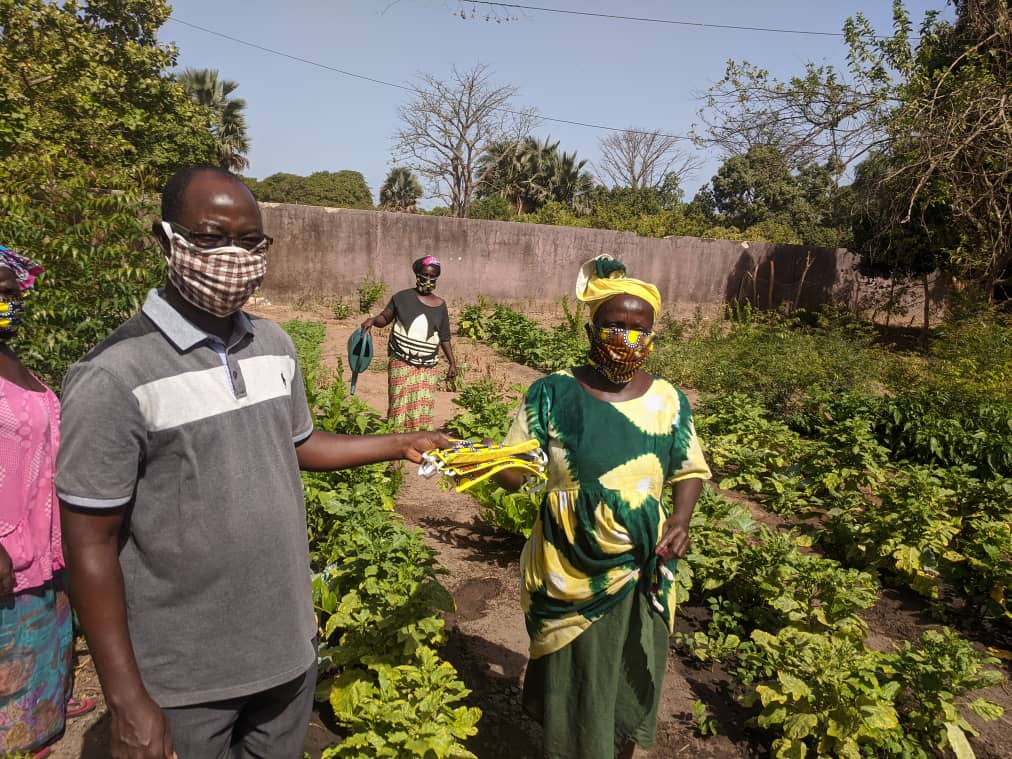In 2019 at a DIG Cocktails and Castoffs event, MetroFresh, a local Atlanta restaurant, encouraged their community to help sponsor a DIG garden in Senegal. They have previously sponsored a garden in Kenya and Uganda and this year they wanted to spread the seeds of transformation in Senegal. Their support has sustainably equipped 13 uniquely vulnerable families in the city of Ziguinchor, Senegal to become food secure, nutritionally rich, climate resilient, and economically secure.
Here are some of the stories and successes that have come from this partnership despite the additional challenges posed by Covid19.
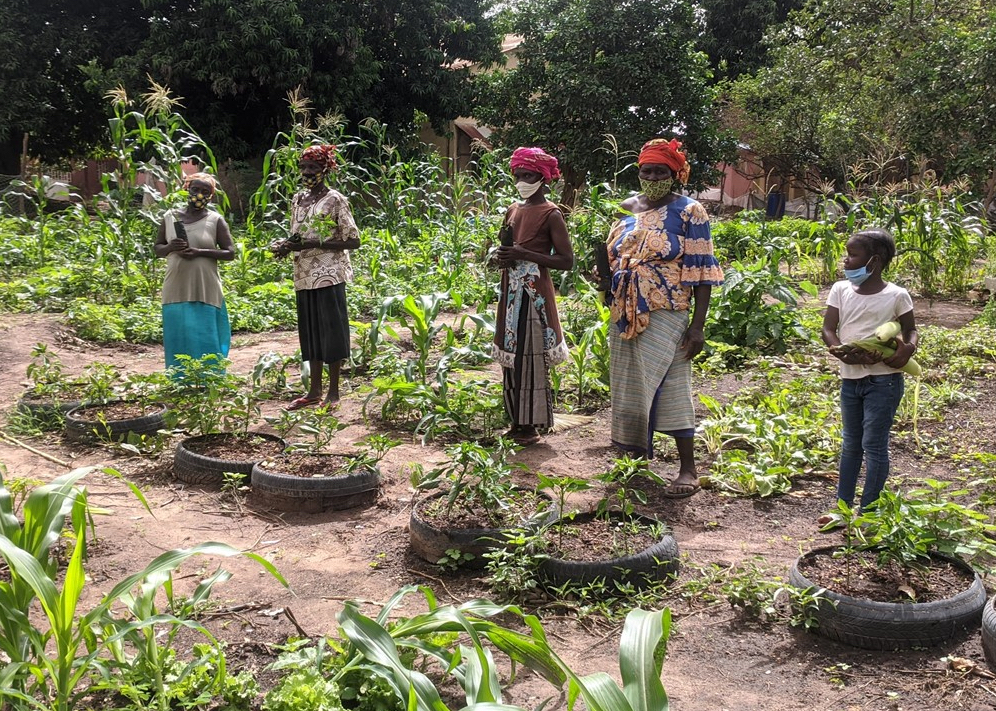

Most subsistence farmers in Senegal rely on rain-fed agriculture to feed their families, but with only one rainy season per year, climate change is dramatically impacting the reliability of Senegal’s growing season.
While DIG was founded in Dakar, Senegal in 2006, the organization has re-established itself in the southern Casamance region in 2019 thanks to our partner, Rise Against Hunger. Here, most of our participants are farming for the first time, many defying the odds of cultivating healthy gardens in sandy soil, backyard lots, and saltwater flats.
By establishing nutritional gardens at hospitals and clinics, the LAUNCH (Leveraging Agriculture to Unite Communities and Hospitals) program is designed to address food insecurity and nutrition at the institutional and household levels. With a focus on people living with HIV, undernourished families and young mothers, DIG is able to boost the hospital’s reputation within the community and their capability to provide wrap-around services to their constituents.
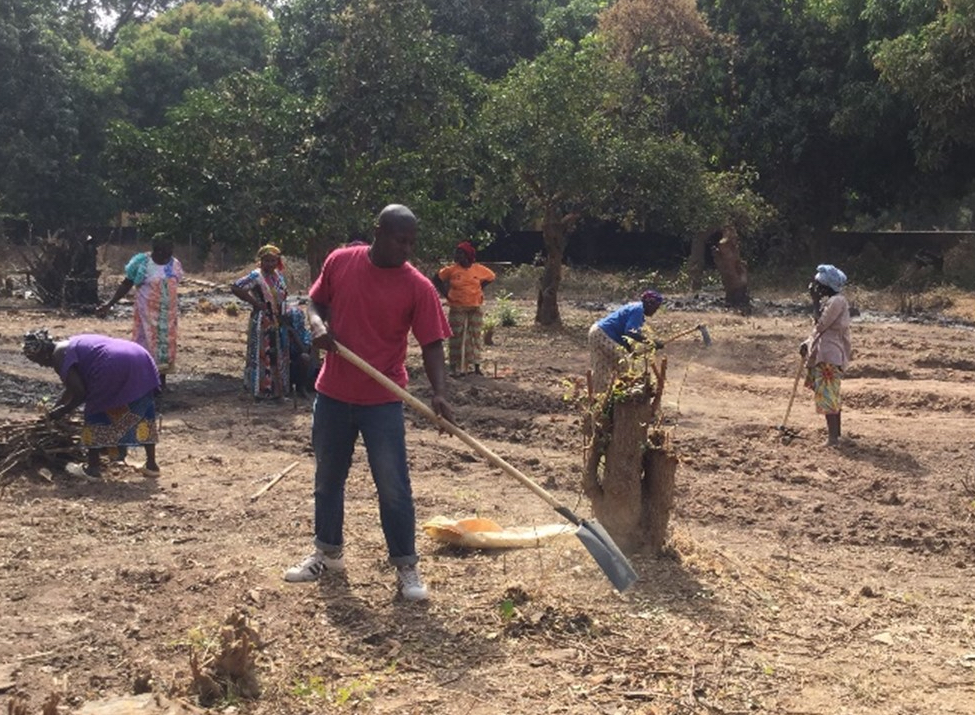
Previously, the clinic staff at Hospital Belge, a public hospital located in the bustling city center, had tried to establish a vegetable garden, but it never really succeed. Occasionally someone would grow peanuts in the rainy season but in Senegal’s long dry season, which lasts 9 months, the plot filled up with weeds and medical waste.
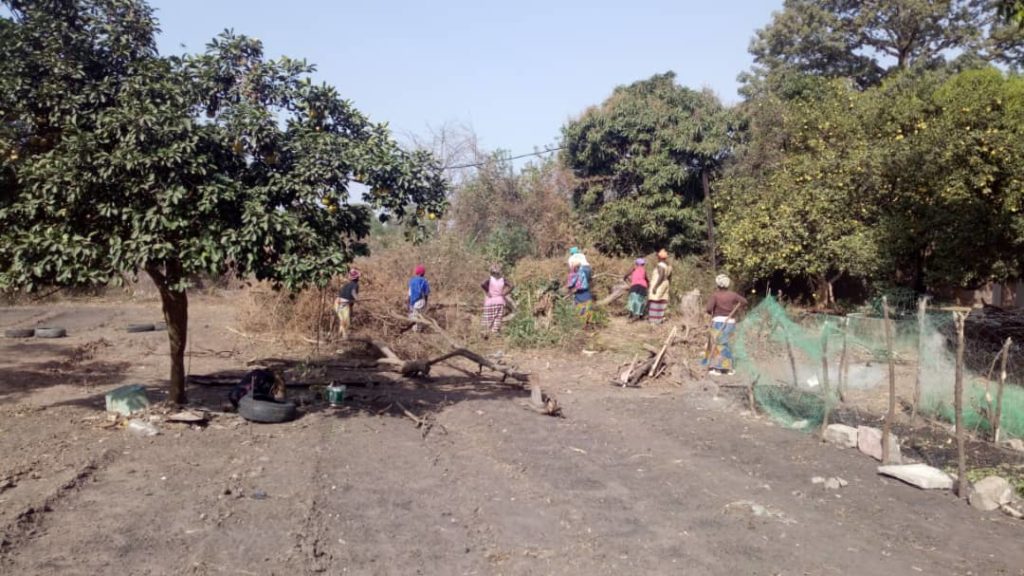
DIG’s MetroFresh garden group is made up of 20 participants (18 women and two men), who meet weekly at Hospital Belge, one of LAUNCH’s 13 demonstration sites. At home, the group members only have small plots of land to cultivate. If they’ve grown anything before it’s limited, typically no more than three varieties of vegetables, mint, okra, or hibiscus.
DIG’s program has been adapted for this setting and is designed to help these women grow fresh vegetables for their family so as to improve their household nutrition, reduce their food expenses, and increase their income.
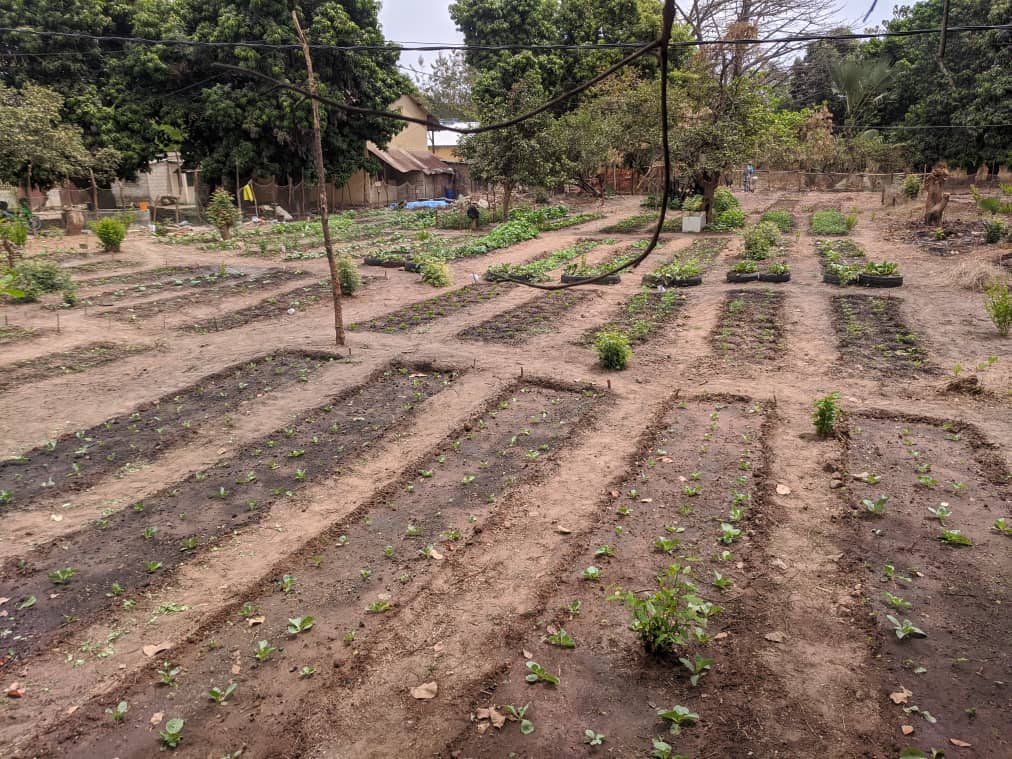
Over five months the group received training in restorative agricultural, nutrition, and basic finance. They also received seeds and tools to kick-start their gardens at home.
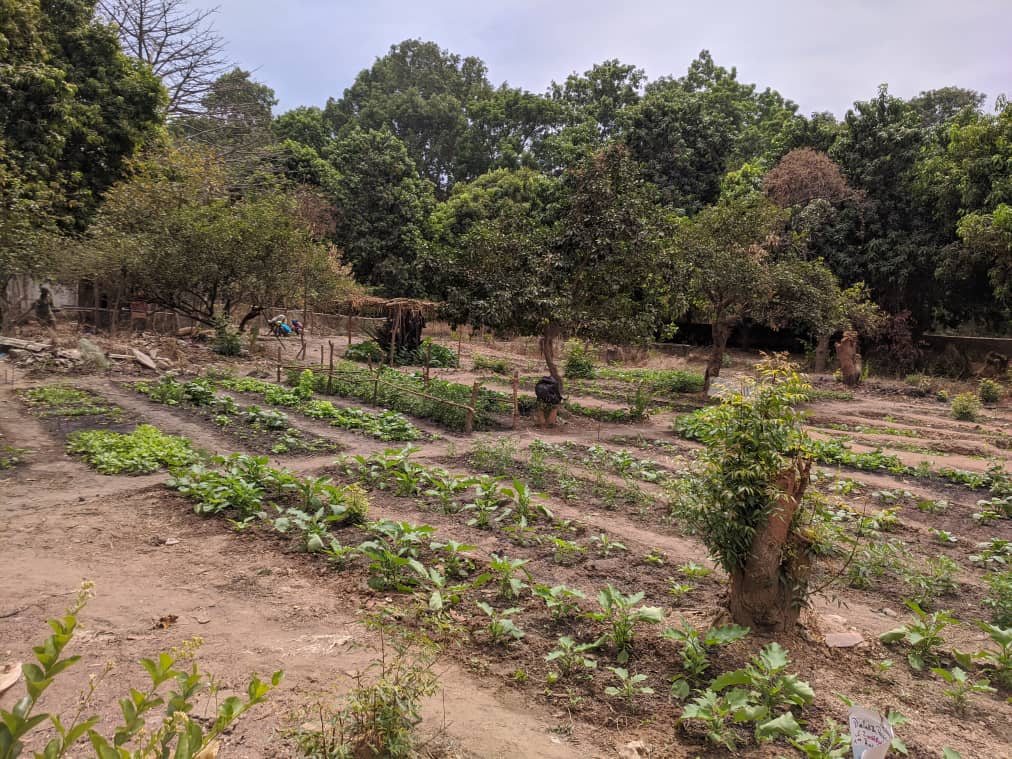
The MetroFresh DIG garden successfully transformed this mostly forgotten piece of land on Hospital Belge’s property into a lush productive garden where weekly trainings bring women together, nurturing their entrepreneurial spirit and deepening their community connection.
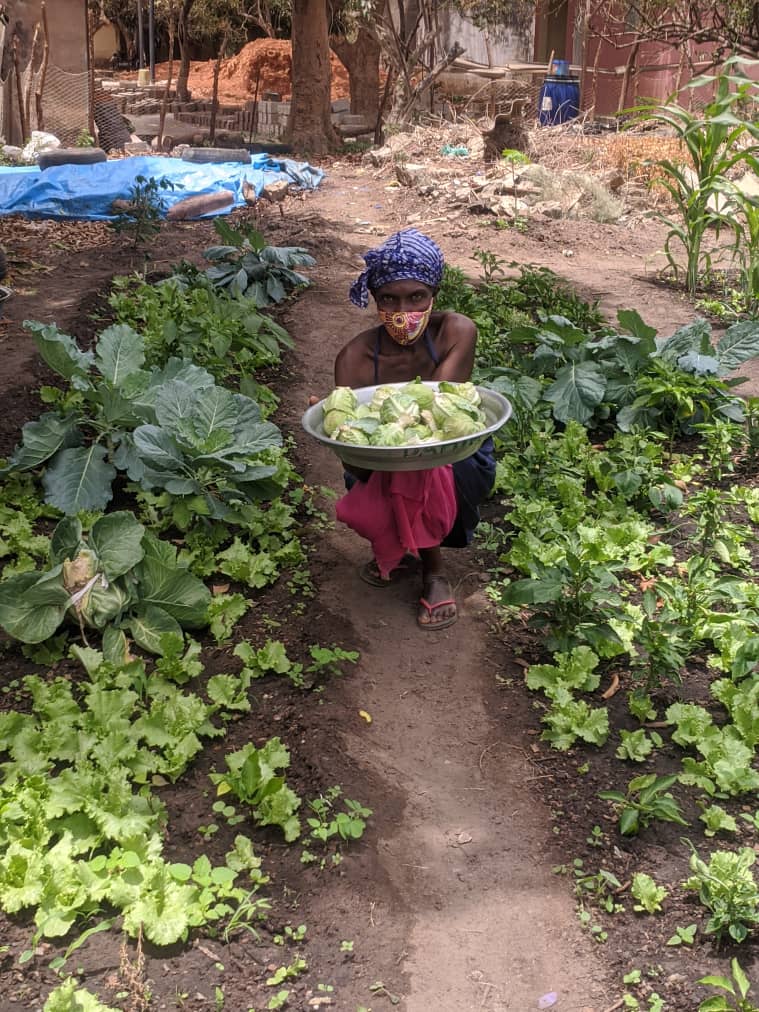
Today, the demonstration garden is consistently growing over 24 varieties of produce for consumption and market. Among other things, you’ll find swiss chard, collard greens, okra, beets, carrots, hibiscus, a variety of herbs, melons, and local vegetables.
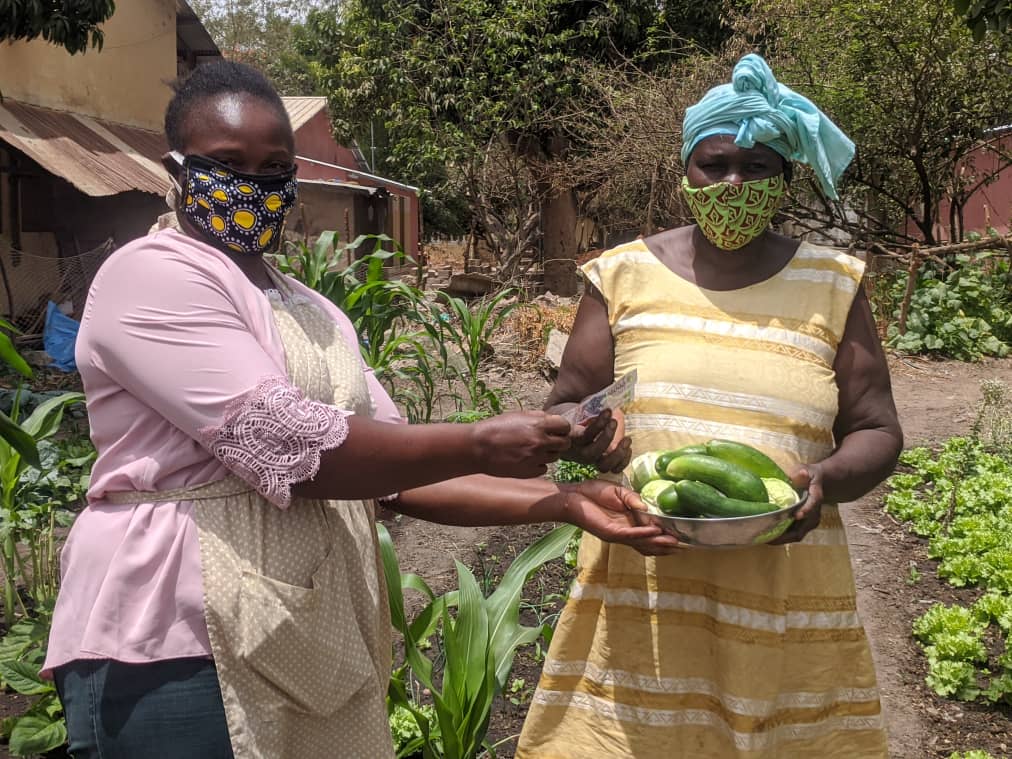
While none of the women held formal jobs before, their connection in and to the garden is awakening an entrepreneurial spirit among them. After supplying the hospital’s kitchen with produce, their excess sales have generated over $350 for the group. They’ve started a group savings program and have banked close to $100 for expanding their business. They hope to one day purchase a solar or electric pump to reduce the burden of pulling water from the well by hand. With their vision for a larger and more productive garden, they’ve successfully petitioned the hospital to grant them more land to cultivate.
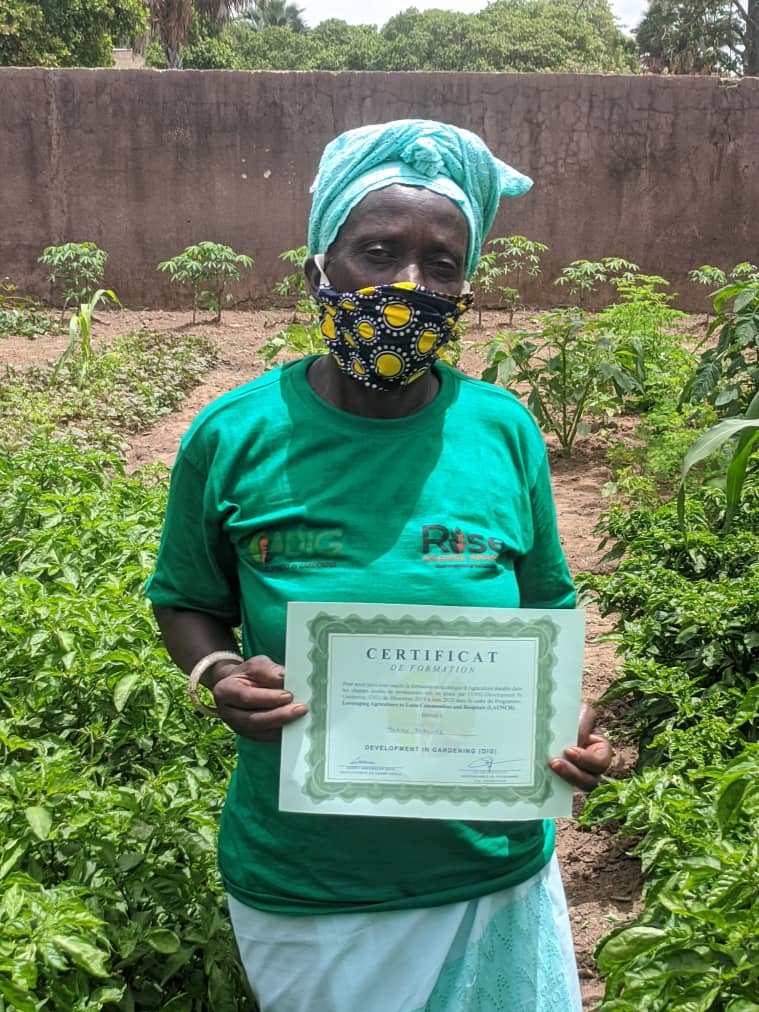
When the complications of Covid19 reached Senegal, the group increased their support to the hospital’s most vulnerable. Like most places impacted by the pandemic, families are not able to sit by their loved one’s bedsides in the hospital, so many patients are going without meals. As a response, the MetroFresh DIG group has been cooking and sharing meals with those in need, providing pre-packed lunches to be delivered to the sick, an action that seems to embody the spirit of the Atlanta MetroFresh community and it’s founder, Mitchell Anderson.
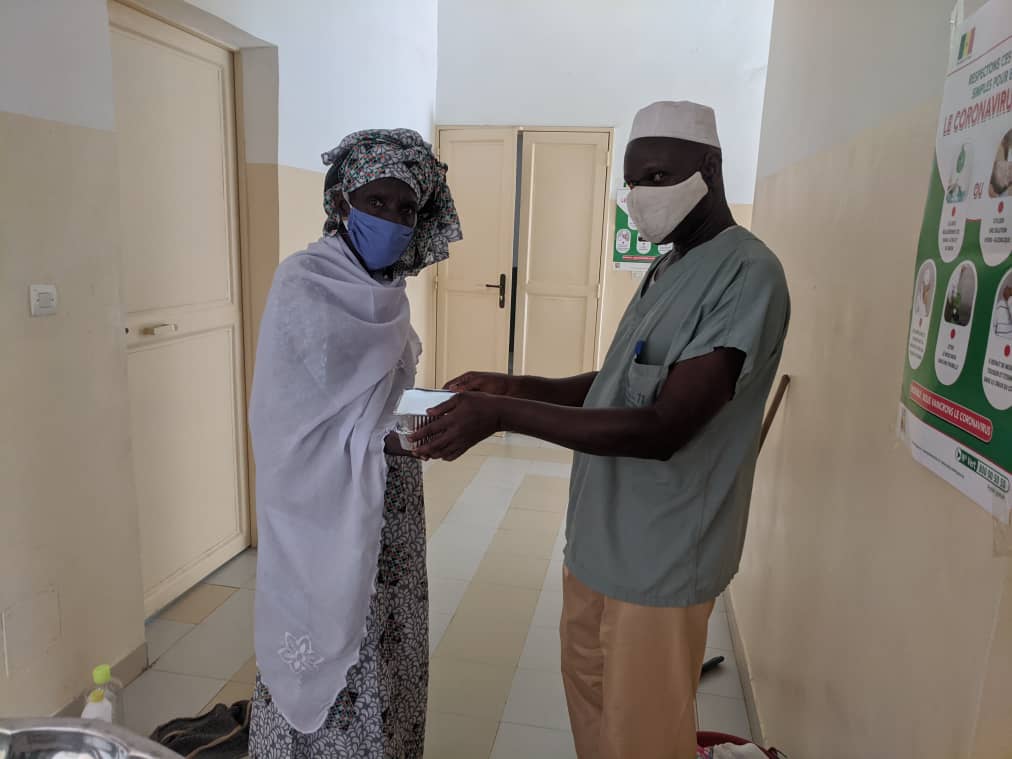
Perhaps what’s most notable about this group is the bond they are forming. Even though most now have home gardens of their own, it’s not uncommon to see them working together in the soil early in the morning or cooking and eating together under the shade of the mango tree beside the rows of lettuce or cucumbers.
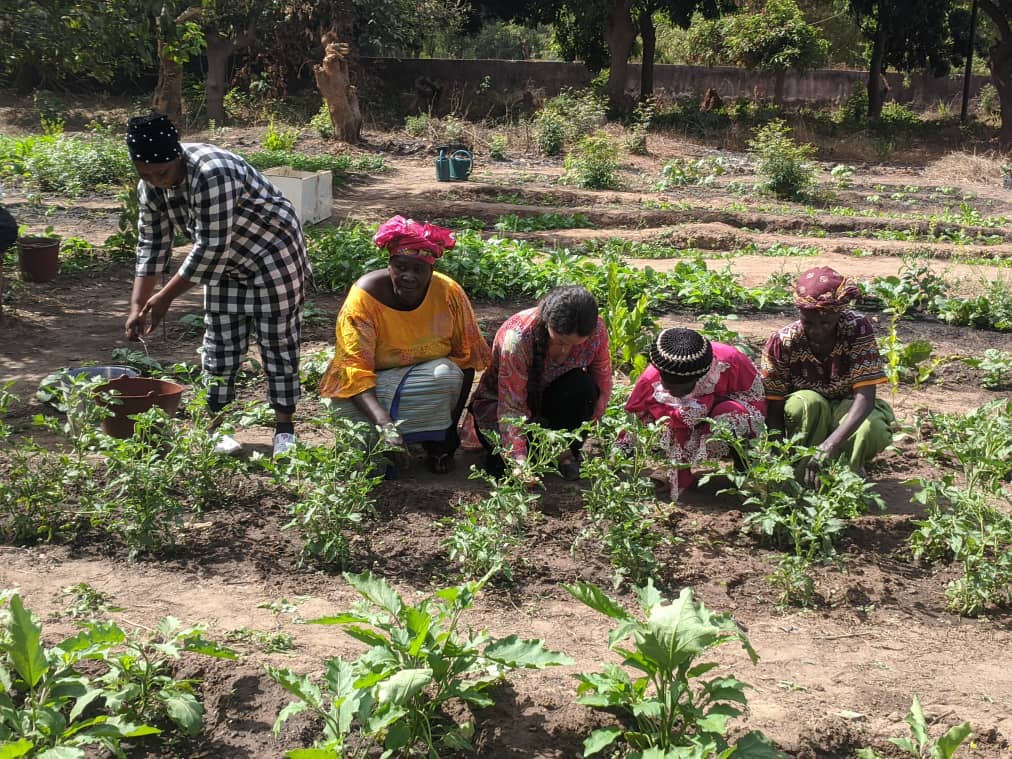
We expect to see this group enriching the soil and their community for years to come and we are deeply grateful for the generous support of Atlanta’s MetroFresh community for enabling this garden to grow.
Mitchell Anderson, Richie Arpino, Betsy Robbins, Penny Goldwasser, Brooks Anderson, Marcie Anthone, Lynne Goldsman, Elle Barnhart, Lisa Rayner Catherall, Drew Bob Billiam, Susan Carlson and everyone who patrons the restaurant, we thank you.
